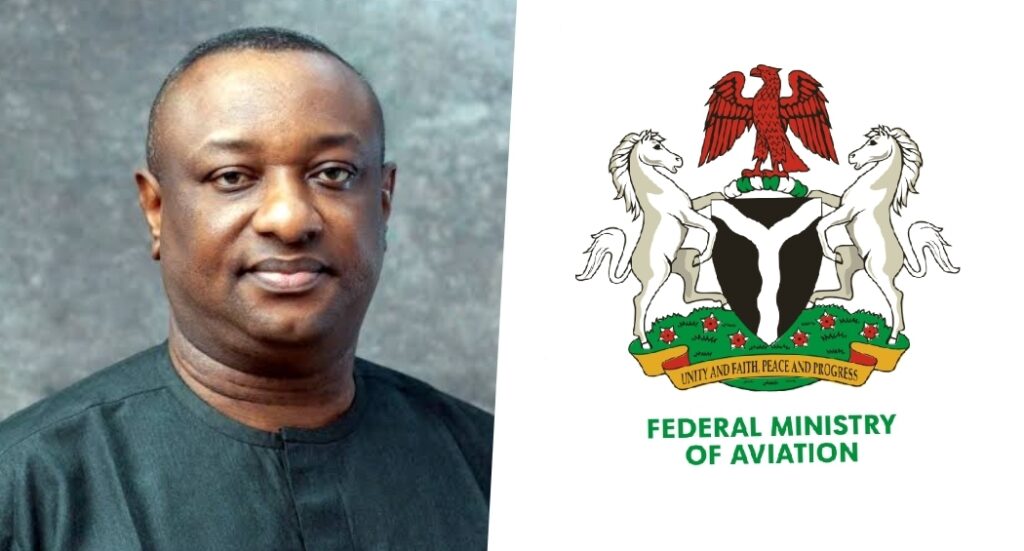By Abdul Lauya
After over two decades of unrelenting struggle, the Federal Government has finally approved the payment of outstanding pensions and severance entitlements to thousands of retired aviation workers, marking a significant milestone in a prolonged battle for justice.
President Bola Ahmed Tinubu’s administration gave the nod to the long-delayed payments this week, effectively addressing a major grievance that has lingered since the controversial liquidation of the defunct Nigeria Airways in 2003.
The move has drawn cautious praise from industry unions and policy observers, many of whom recall the years of bureaucratic inertia, broken promises, and heartbreaking losses that defined the retirees’ fight.
Upon the closure of Nigeria Airways, more than 6,000 workers were rendered redundant, with many receiving neither their pensions nor gratuities.
For years, they were left to fend for themselves in financial uncertainty. The pain deepened as reports emerged of retirees dying in poverty while awaiting entitlements they had legally earned.
By 2018, frustration had boiled over. Major aviation unions, including the National Union of Air Transport Employees (NUATE), Air Transport Senior Staff Services Association of Nigeria (ATSSSAN), and the National Association of Aircraft Pilots and Engineers (NAAPE), jointly threatened to shut down Nigerian airspace if the government continued to ignore their demands.
That same year, then-President Muhammadu Buhari approved a partial payment of N22 billion, but union records indicated that over N36 billion remained outstanding.
For the next several years, payments stalled. Sporadic promises by past aviation ministers failed to translate into action, and the issue became emblematic of Nigeria’s broader pension crisis, where civil service loyalty too often meets systemic neglect.
Tinubu’s intervention, however, is being interpreted as a turning point. Although exact figures disbursed under the latest approval have yet to be confirmed, union leaders say the government’s decision finally confronts the root of the problem, not just its symptoms.
“This is not just a payment; it is justice, long delayed but finally delivered,” said one NUATE official who spoke under condition of anonymity, citing ongoing verification procedures.
For many Nigerians, the development serves as a sobering reminder of the state’s uneven record in fulfilling its obligations to workers.
But for the thousands of aging retirees, and the families of those who died waiting, it is a moment of overdue reckoning, and perhaps, closure.


